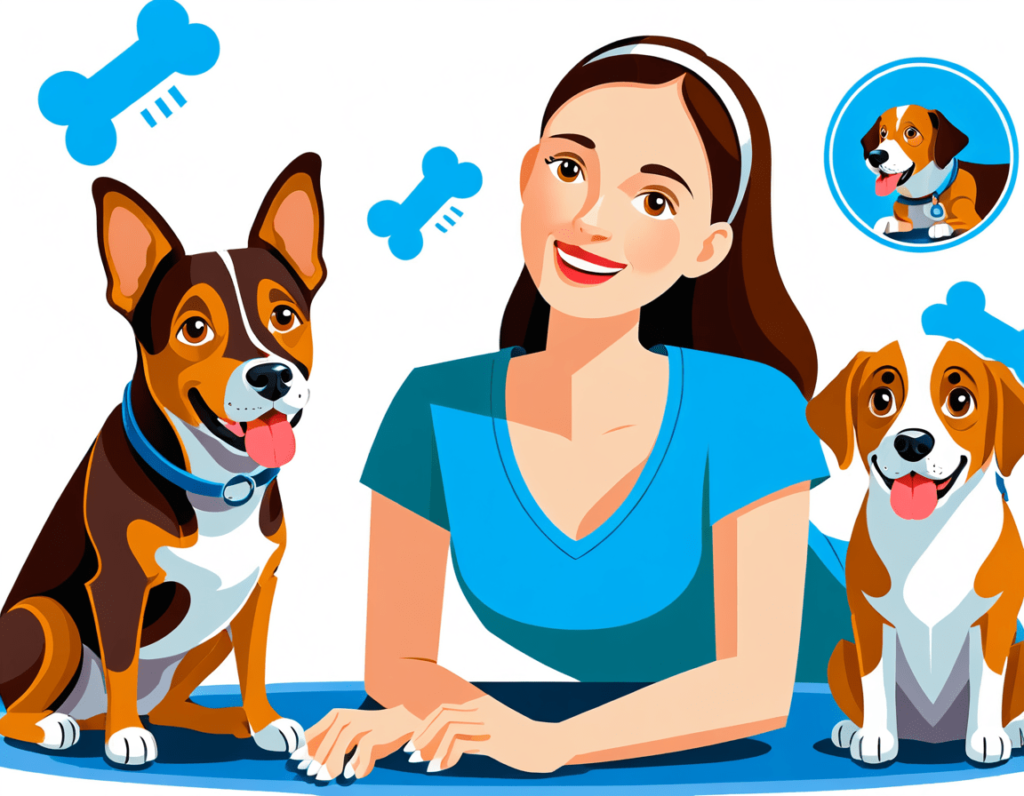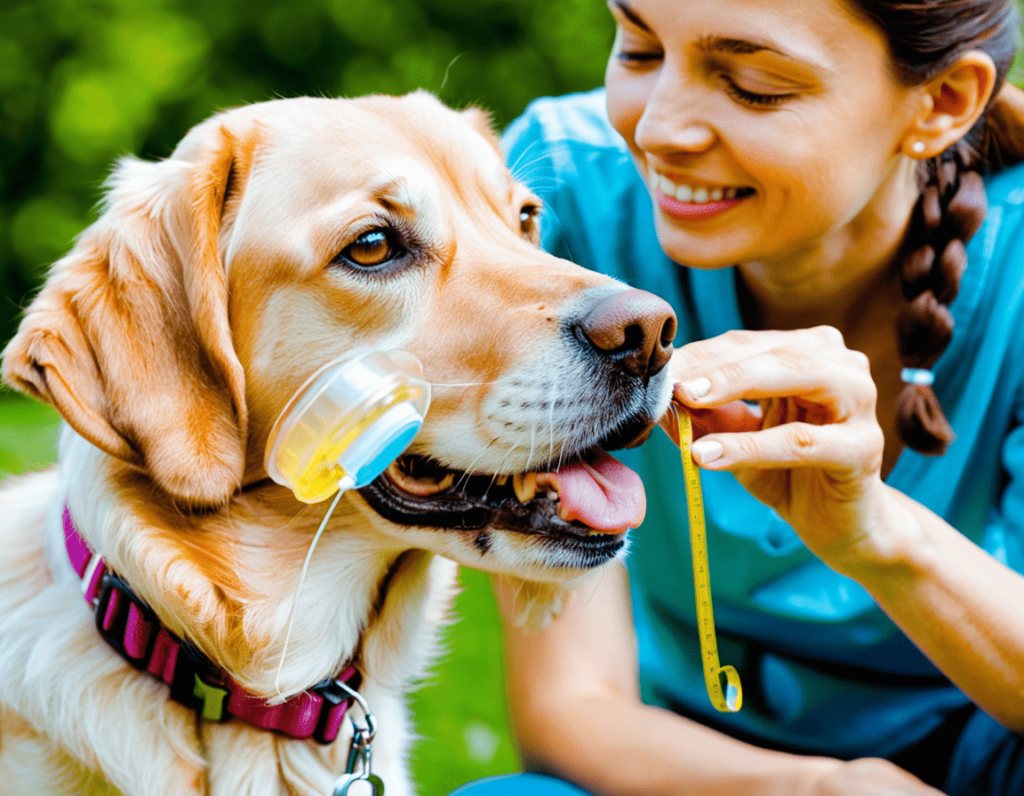
Dog Vaccinations and Preventive Care
As a loving dog owner, your top priority is keeping your furry friend happy and healthy. One of the best ways to ensure your pup lives a long, vibrant life is through vaccinations and preventive care. While the topic may not seem like a tail-wagging good time, it’s essential for your dog’s overall well-being. So, grab a treat (for your pup, not you), and let’s dive into the world of dog vaccinations and preventive care!
Why Are Vaccinations Important?
Just like humans, dogs need vaccinations to protect them from various diseases and illnesses. Vaccines work by stimulating the immune system, helping your dog fight off infections and stay healthy. Think of vaccinations as your dog’s superhero cape—providing protection against harmful villains like parvovirus and rabies!
Common Dog Vaccinations
Here are some of the most common vaccinations your dog will need:
1. Core Vaccines:
- Distemper: This highly contagious virus can be deadly and affects the respiratory, gastrointestinal, and nervous systems.
- Parvovirus: A nasty bug that can cause severe vomiting and diarrhoea, leading to dehydration and sometimes death.
- Adenovirus (Canine Hepatitis): This virus affects the liver and can cause severe illness in dogs.
- Rabies: A fatal virus that affects the nervous system and is transmissible to humans. It’s often required by law.
2. Non-Core Vaccines:
- Bordetella (Kennel Cough): If your dog spends time in boarding facilities or dog parks, this vaccine can help protect them from a highly contagious respiratory infection.
- Lyme Disease: This vaccine is recommended for dogs living in or travelling to areas with a high tick population.
- Leptospirosis: This bacterial infection can affect both dogs and humans, so vaccination is especially important if your dog spends time near water.
The Vaccination Schedule
Your puppy’s vaccination schedule usually starts around six to eight weeks of age and continues until they are about 16 weeks old. After that, adult dogs typically require booster shots annually or every few years, depending on the vaccine. Your vet will provide the best recommendations based on your dog’s lifestyle and health needs.
Funny Tip: Think of it this way: getting vaccinated is like a doggy spa day—only instead of a bath, your pup gets a shot of superhero serum!

Preventive Care: More Than Just Shots
Vaccinations are just the tip of the iceberg when it comes to preventive care. Here are some additional ways to keep your dog healthy and happy:
1. Regular Vet Check-ups
Just like you wouldn’t skip your annual physical, your dog needs regular vet visits. These check-ups help catch any health issues early on and keep vaccinations up to date. Plus, your dog will love all the extra attention (and treats) they get from the vet!
2. Parasite Prevention
Protect your pup from pesky parasites like fleas, ticks, and heartworms. Your vet can recommend preventive medications to keep these critters at bay. Trust us, nobody wants to deal with a flea party at home—especially when you’re trying to enjoy a quiet evening!
3. Dental Care
Don’t forget about your dog’s pearly whites! Dental disease is common in dogs and can lead to serious health issues. Regular brushing, dental chews, and professional cleanings will keep those chompers in tip-top shape. After all, no one wants their dog to have “doggy breath” during cuddle time!
4. Healthy Diet and Exercise
A balanced diet and regular exercise are vital for your dog’s health. Consult your vet for recommendations on high-quality dog food, and make sure your pup gets plenty of playtime. Whether it’s chasing a ball or going for a walk, staying active helps prevent obesity and keeps your dog feeling great.
5. Grooming and Hygiene
Regular grooming helps keep your dog’s coat clean and healthy. Brush them regularly, and schedule baths as needed. Don’t forget to check their ears, eyes, and paws for any signs of trouble—because nobody wants a puppy with an itchy ear!

FAQs about Dog Vaccinations and Preventive Care:
As you embark on your journey to keep your furry friend healthy and vaccinated, you might have some lingering questions. Here are some frequently asked questions (FAQs) to help you navigate the ins and outs of dog vaccinations and preventive care.
1. How do vaccinations work in dogs?
Vaccinations work by introducing a small, harmless part of a virus or bacteria into your dog’s body, stimulating their immune system to produce antibodies. This process prepares your dog’s immune system to fight off the actual disease if they are exposed in the future. It’s like a dress rehearsal for your dog’s immune system!
2. What are the side effects of dog vaccinations?
Most dogs experience no serious side effects from vaccinations, but mild reactions can occur. Common side effects include slight lethargy, a small lump at the injection site, or mild fever. If your dog experiences severe reactions, like difficulty breathing or swelling, contact your vet immediately. Remember, it’s always better to be safe than sorry!
3. How often does my dog need vaccinations?
The vaccination schedule varies based on your dog’s age, lifestyle, and the vaccines they receive. Puppies typically receive vaccinations every few weeks until they are about 16 weeks old, while adult dogs may need boosters every one to three years. Always consult your veterinarian for a tailored schedule that fits your dog’s needs.
4. Can I vaccinate my dog at home?
While some pet owners might consider home vaccinations, it’s not recommended. Vaccines need to be stored and handled properly, and administering them requires veterinary expertise to ensure the right dosage and monitor for side effects. It’s best to leave vaccinations to the professionals!
5. What should I do if I miss a vaccination appointment?
If you miss a vaccination appointment, don’t panic! Contact your veterinarian as soon as possible to reschedule. They can advise you on what steps to take, whether it means catching up on missed vaccines or adjusting the vaccination schedule.
6. Are dog vaccinations necessary if they stay indoors?
Yes! Even if your dog is primarily an indoor pet, vaccinations are essential. Many diseases can be transmitted through contact with people, other animals, or contaminated surfaces. Keeping your dog vaccinated protects them and contributes to overall public health by preventing the spread of diseases.
7. What are the signs of a healthy dog?
A healthy dog typically has bright eyes, a shiny coat, good appetite, regular bathroom habits, and an overall happy demeanor. They should be active, playful, and responsive to your commands. If you notice any changes in your dog’s behavior, appetite, or energy levels, it’s a good idea to consult your vet.
8. How can I keep my dog healthy between vet visits?
In addition to regular vaccinations, you can keep your dog healthy by providing a balanced diet, engaging in regular exercise, maintaining good dental hygiene, and practicing proper grooming. Additionally, provide mental stimulation through interactive toys and games to keep your dog’s mind sharp.
9. What is the difference between core and non-core vaccines?
Core vaccines are essential for all dogs, regardless of their lifestyle, as they protect against severe diseases that are common and highly contagious. Non-core vaccines are optional and depend on your dog’s environment, lifestyle, and risk factors. Your vet can help determine which non-core vaccines are appropriate for your dog.
10. When should I start vaccinations for my puppy?
Puppies typically start their vaccination schedule around six to eight weeks of age. It’s crucial to begin this process early to ensure they are protected against dangerous diseases as they grow. Be sure to consult with your veterinarian for a complete vaccination plan tailored to your puppy.
Conclusion
Dog vaccinations and preventive care are fundamental aspects of responsible pet ownership. By staying informed and proactive, you can help your furry friend lead a long, happy, and healthy life. Remember, every time you take your dog to the vet for a vaccination or check-up, you’re not just protecting their health—you’re also ensuring many more tail-wagging adventures together!
With the right knowledge and care, you can keep your pup thriving and enjoy all the cuddles and joyful moments that come with being a devoted dog owner. Now, let’s celebrate good health with a wag of the tail and a treat or two! 🐶✨


